Ratification Day is in commemoration of the ratification of the Treaty of Paris. The document was drafted in Paris with negotiators from the United States, Great Britain, and France present. Founding fathers John Jay, John Adams, and Benjamin Franklin represented the Americans during the negotiations and sent the completed treaty back to Congress for ratification in September 1783. The document was officially ratified in Annapolis, Maryland on January 14th, 1784. This paved the way for the eventual signing of the United States Constitution by officially ending the American Revolutionary War.
The process of ratification was a tumultuous one, however. England set a 6-month deadline to ratify the treaty and return it and with the trip to England taking two months by ship, efficiency was paramount for the US Congress. Unfortunately, efficiency was not a characteristic of the US Congress during the era of the Articles of Confederation, the predecessor to the United States Constitution. The articles did not compel states to send representatives to legally represent the state during Congressional Conventions. By January 12th, 1784, only 7 of 13 states were represented as the Congressional Convention called to ratify the Treaty of Paris which was short of the 9 needed to start congressional business. With the English-imposed deadline looming, it seemed like the ratification was destined to fall through. In the proverbial last hour, the final two representatives arrived in Maryland, one of which came straight from his sickbed, and the 9 states present ratified the Treaty of Paris, officially establishing the United States of America.
Now, in the year 2024, a much less desirable convention looms over the American government. Within the US Constitution, there is Article 5, which allows a convention to be called for potential amendments to the Constitution when two-thirds of the states’ legislatures call for one. However, there is a significant gap in how those conventions are meant to be conducted and regulated. Two proposed house resolutions, HCR 703 and HCR 693, seek to call a convention to propose new additional amendments. The amendment that HCR 703 seeks to propose seeks to make it mandatory for a balanced federal budget. For HCR 693, the amendment proposed by the bill seeks to make it mandatory for elected officials to have term limits. While these amendments may not seem very egregious, nothing is preventing those conventions from proposing unrelated amendments that revoke the rights that have existed since this nation’s founding. There are also no rules stating who should be sent to this convention, meaning the state could send unelected and unaccountable officials to draft the amendments. The lack of rules for how these conventions are to be conducted leaves a lot of holes for corporate money to affect proposed amendments. This convention could be used to circumvent the will of the voters to create amendments directly attacking LGBTQ+ communities, undermining our right to petition, and restricting abortion access.
This looming convention and the original ratification of the Treaty of Paris share more than a few troubling similarities too. Due to the lack of established procedures, chaos can ensue if the convention comes to order. There is a chance that not all states will be able to garner equal representation and there is a chance that not even every state will be present. Such an unprecedented event could have catastrophic effects on our Constitution. On this Ratification Day let us remember the power and legacy our founding documents have and encourage our elected representatives to protect our Constitution and ensure it provides equal protection and justice for us all.
Sources:
https://www.loc.gov/item/today-in-history/january-14/
https://www.archives.gov/milestone-documents/treaty-of-paris
https://msa.maryland.gov/msa/educ/exhibits/treaty/treaty.html
